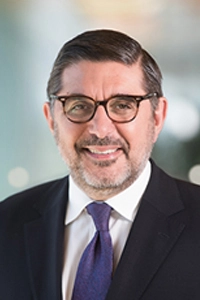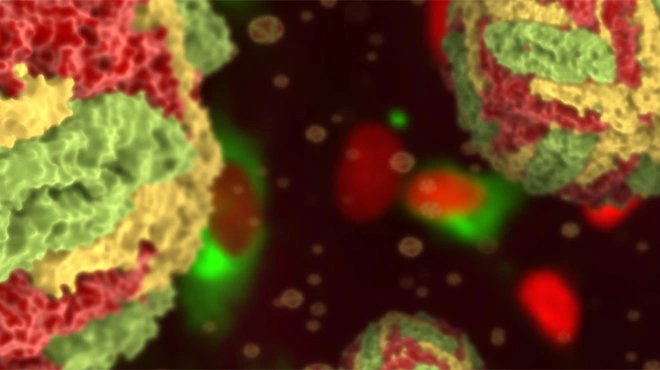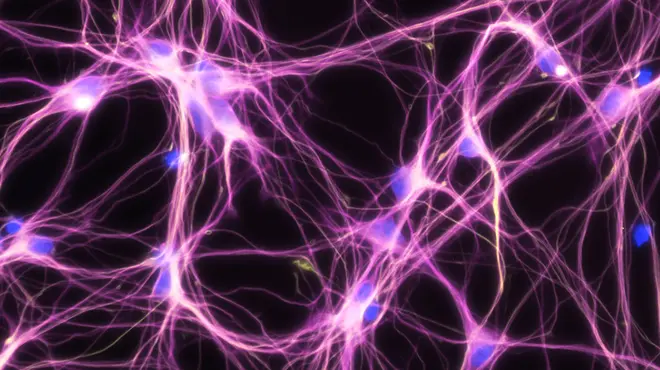
We sat down with Bruno Strigini, President, Novartis Oncology, to discuss his thoughts on the ever-changing cancer treatment landscape.
Here’s what he had to say:
This is an exciting time in cancer research. How is Novartis Oncology investing in the latest research, and what are the key areas of focus?
Strigini: The science of cancer is evolving rapidly and we are committed to discovering and developing innovative medicines that help transform the way people live with cancer. Scientific evidence clearly demonstrates that tumor type, genetic makeup and prior therapies are critical factors to be considered and these drive our drug discovery and development strategy.
Over the past decade, targeted therapies have become well-recognized for extending the lives of patients across multiple tumor types including lung cancer, melanoma and breast cancer. The proven track record of our medicines stems from our deep understanding of the multiple pathways and how they can best be targeted to avoid mutations that can lead to drug resistance.
Our strategy is to focus across five key tumor types, aligned with our capabilities, history and potential. These five areas are hematology, breast cancer, lung cancer, melanoma and renal cell carcinoma. We will leverage our leadership in targeted therapies and our broad immuno-oncology platform to build depth in these disease areas and develop the combinations that will improve outcomes for patients.
There is a lot of buzz around immuno-oncology given the promising advances we’ve seen in recent years. Can you describe the work you are doing in IO?
Strigini: We are very excited about our research in immuno-oncology and we have made significant investments that are positioning us to be a leader in next-generation innovation in this area.
As part of our commitment to understanding the power of the immune system in battling cancer, we launched an immuno-oncology research group to accelerate our clinical programs and explore new directions for both monotherapy and combination therapies.
Our study of immuno-oncology goes beyond 1st generation checkpoint inhibitors to address all major points across the immune response continuum. Our assets include chimeric antigen receptor T-cell (CART) technology, myeloid cell targeting agents, STING agonists that enhance immune recognition of cancers, and more. In addition, we have significantly expanded our IO pipeline through collaborations with and acquisitions of other companies such as Aduro Biotech, Palobiofarma, Surface Oncology and XOMA.
With the breadth of our targeted therapies coupled with our IO research, we believe Novartis Oncology is well positioned to offer patients more treatment options in the future.
What does it mean to you to be working in the oncology field and with Novartis during this time?
Strigini: As drug developers, scientists, colleagues, family members, and sometimes patients ourselves, we understand the profound impact this disease can have. Our pledge to transform cancer care is not taken lightly. At Novartis we are passionate about what we do as we endeavor to improve and extend the lives of people with cancer.


